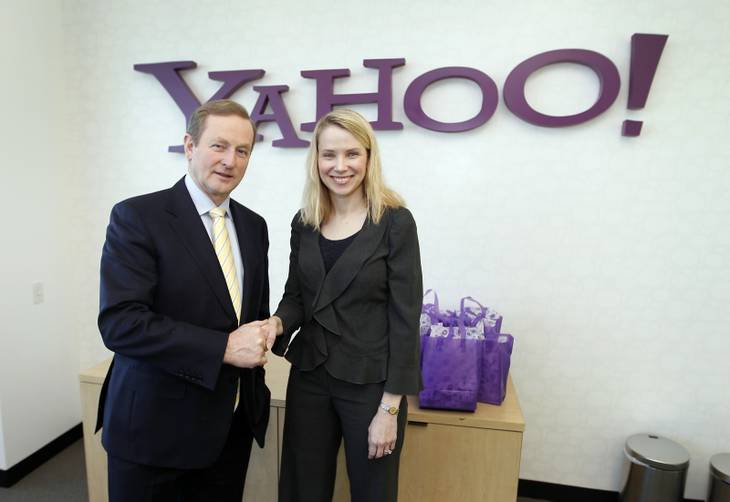First, it was Yahoo! CEO Marissa Mayer, the corporate mommy who built a private nursery next to her office, then banned employees from working from home.
Next, Best Buy CEO Hubert Joly dismantled his company’s flexible work program.
Then came Zappos CEO Tony Hsieh, who published a column in CNN Money defending Mayer’s decision.
While some companies claim a ban on telecommuting is vital to workplace culture, many experts say allowing employees the choice to work from home actually boosts productivity and saves money.
About 1 in 10 Americans work partly from home, according to the U.S. Census Bureau. And the number is growing.
So, which philosophy is right?
It depends on whom you ask.
“The new way of working allows companies to do more with less — less buildings, less pollution, less overtime and less waste,” said Kate Lister, owner of Global Workplace Analytics, a telecommuting research company in Carlsbad, Calif. “Employees are doing more with less, too — less stress, less distractions, less commuting.”
One study showed that companies could save an average of $10,000 to $13,000 a year for every half-time “teleworker” they employ, Lister said.
While less than 3 percent of U.S. employees work mostly from home, statistics show the trend is growing. Between 2005 and 2011, the number of American telecommuters increased by 73 percent to more than 3 million.
“Research shows that what employees of all age groups want is the flexibility to determine for themselves where, when and how they work,” Lister said. “The trend all over the world is to increasingly allow them to do just that.”
Though Mayer — who took her job with Yahoo while she was pregnant — caused an uproar among working mothers, many who depend on the ability to work from home, she maintains many supporters in the business world.
One of them is Hsieh, owner of Zappos, which employs about 1,500 people. He believes a company’s success depends on having its employees work in the office.
In a column for CNN Money, Hsieh described what he calls the 3 C’s: clothing, customer service and company culture.
“The last C — company culture — isn’t just something we think is important,” Hsieh wrote. “It’s the No. 1 priority for the company, and it’s actually core to our business strategy.”
At Zappos, co-workers are expected to spend time together and cause “collisions,” moments that build relationships and spark serendipity.
“For us, culture is what we value most,” said Rob Siefker, Zappos’ director of customer loyalty. “We need to spend time together in order to build relationships and preserve our culture.”
Others say workplace serendipity can take place even between co-workers who are miles apart. It’s as simple as Skype.
“Virtual teams function successfully all over the world,” Lister said. “Whether their employees are five floors, five miles or five times zones away, it’s more efficient and effective to use technology over travel."

